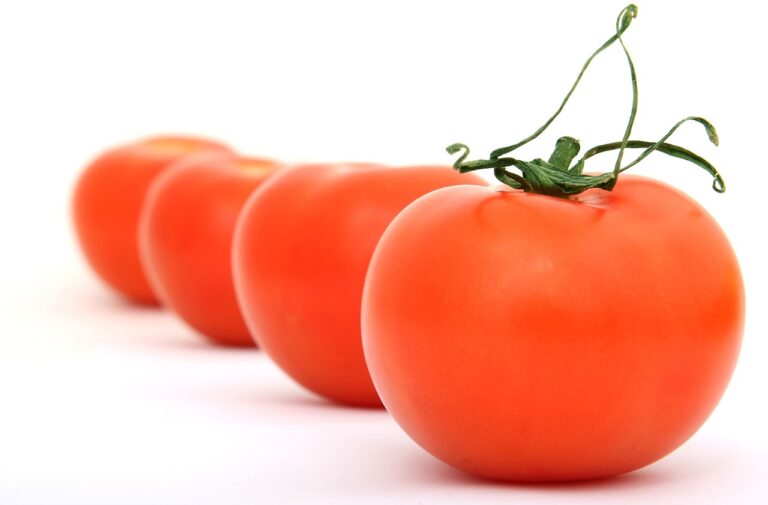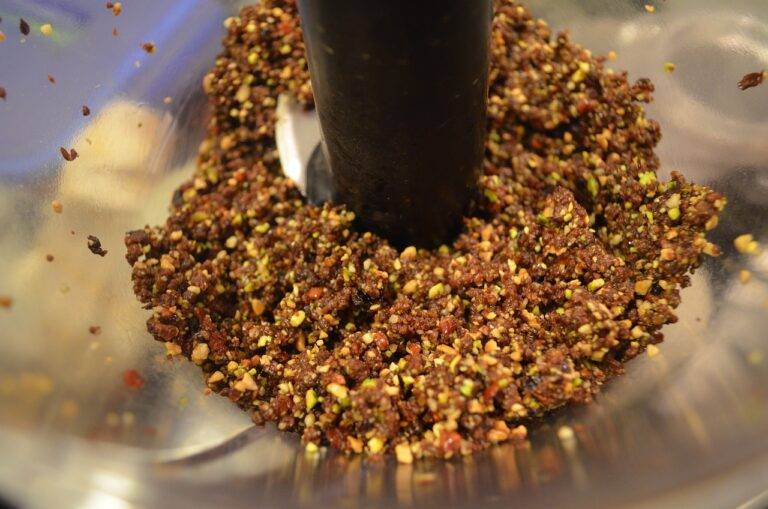The Impact of Climate Change on Food Safety Testing Challenges
allpaanel, laser247 com app login, yolo 247 com login: Climate change is a pressing issue that is affecting our planet in various ways. From rising temperatures to extreme weather events, its impacts are being felt across different sectors, including food safety testing. As our climate continues to change, the challenges surrounding food safety testing are becoming more complex and difficult to navigate.
The relationship between climate change and food safety testing is a critical one. Climate change can impact food safety in numerous ways, such as affecting the growth and spread of pathogens, altering the quality and safety of food products, and creating new challenges in maintaining food safety standards. With the increasing frequency of extreme weather events, changing patterns of precipitation, and rising global temperatures, food safety testing faces a new set of challenges that must be addressed.
One of the major challenges posed by climate change is the increased risk of foodborne illnesses caused by pathogens. Warmer temperatures can create favorable conditions for the growth and spread of bacteria, viruses, and parasites that can contaminate food and cause illness. This heightened risk of pathogens in food products necessitates more stringent testing procedures to ensure the safety of the food supply.
Additionally, climate change can affect the quality and safety of food products themselves. Changes in temperature and precipitation patterns can impact crop yields, the growth of livestock, and the quality of water sources used in food production. These changes can result in food products that are more susceptible to contamination and spoilage, necessitating thorough testing to ensure their safety for consumption.
Furthermore, climate change can create new challenges in maintaining food safety standards. With the shifting climate, traditional methods of food safety testing may no longer be sufficient to adequately detect and prevent contamination. New technologies and testing protocols may need to be developed to address the evolving risks posed by climate change and ensure the safety of our food supply.
In light of these challenges, it is crucial for governments, food producers, and regulatory agencies to work together to develop comprehensive strategies to address the impacts of climate change on food safety testing. This may involve investing in research and development of new testing methods, increasing surveillance of foodborne illnesses, and enhancing communication and collaboration between stakeholders in the food supply chain.
While the challenges posed by climate change on food safety testing are significant, there are steps that can be taken to mitigate these risks and ensure the safety of our food supply. By staying informed about the impacts of climate change on food safety, investing in new technologies and testing protocols, and fostering collaboration among stakeholders, we can work towards a more resilient and secure food system in the face of a changing climate.
FAQs:
Q: How does climate change impact food safety testing?
A: Climate change can affect food safety testing by creating favorable conditions for the growth and spread of pathogens, altering the quality and safety of food products, and creating new challenges in maintaining food safety standards.
Q: What can be done to address the challenges posed by climate change on food safety testing?
A: To address these challenges, governments, food producers, and regulatory agencies can invest in research, develop new testing methods, increase surveillance of foodborne illnesses, and enhance communication and collaboration among stakeholders in the food supply chain.
Q: Why is it important to address the impacts of climate change on food safety testing?
A: It is important to address these impacts to ensure the safety of our food supply and protect public health. By understanding the challenges posed by climate change on food safety testing, we can work towards developing strategies to mitigate risks and maintain the integrity of our food system.







